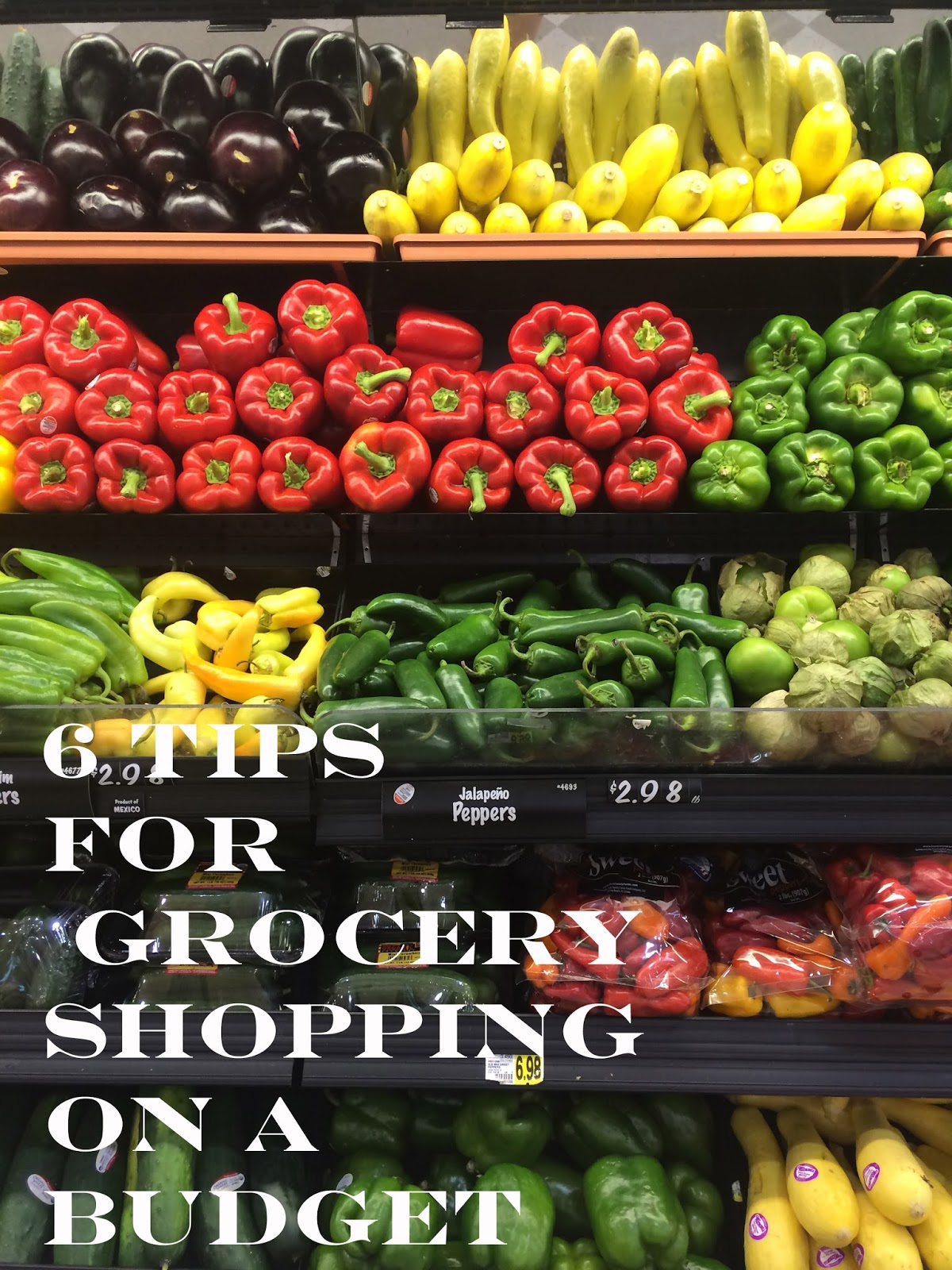When I was preparing for my first round of Whole 30, I was overwhelmed with all of the things I wanted to start buying and how expensive eating clean can be. That was over 3 months ago, however and I've completed 2 rounds of Whole 30 on a 300$/month grocery budget that includes buying cleaning supplies and toiletries for 2 people. I've learned a lot -- some of it the hard way and some from lots of research. I hope some of these tips come in handy for you.
1. Buy your protein first.
When I walk into the grocery store, I head straight for the meat. I buy plenty of chicken first, because it's cheap, then buy some ground pork or turkey for breakfast scrambles. Then I head over to the eggs and make sure I have plenty for that week. Then, if I've found some good prices and have some room in the budget, I go for some red meat like ribs or steak. And THEN, if I've really found some good deals, I'll grab some bacon. Bacon is awesome but it's just not a huge priority most of the time because of how quickly we go through it, and it's lack of nutritional sustainability. My protein usually takes up around 40% of my total budget for groceries that week. I don't worry about buying organic or grass fed meat. Maybe I should, but that's just not a luxury I can afford normally.2. Green veggies > not green veggies.
After you've made sure you have plenty of protein, grab your green veggies next. Green veggies are going to be more dense in nutrients, supplying more of what your body needs per serving, and also making you more full. Grab spinach over iceburg or even romaine lettuce. If you really need that crunch like I do, add some broccoli sprouts to your salad. Prioritize your veggies because you can't just grab everything. Think broccoli, asparagus, squash, etc.
3. Fruit is not a necessity.
While I would love for every meal I eat to be perfectly balanced including fruit at each one, fruit does not need to be that big of a staple in your diet. There are weeks, like this past one where the only fruit I bought were bananas and a bag of apples from Aldi that were 3$. I would love to have peaches and pineapple and kiwi on hand all of the time, but the truth is that fruit is expensive and veggies are much more important.
4. Don't be afraid to buy frozen.
Yes, you're going to loose a bit of nutrition by buying frozen versus fresh but you're going to lose that nutrition anyways the moment you steam or sauté your fresh veggies too. Frozen veggies and meat are better than none or not enough. Just make sure you check your labels to see if they've added anything to them like butter or sugar.
5. Don't be too proud for the discount grocery store.
I go to at least 2 grocery stores every time I go grocery shopping. There's a place called Go Grocery Outlet where I've bought over half of my spices for around a dollar each. True story: I bought these big pints of garlic salt, minced onion, pepper, etc. when we first moved to NC over a year ago and am still using them. Places like that, and Aldi are going to have crazy better options financially. They're going to be off brand and in some places, the store will not be the cleanest, but the payoff of getting everything I need while maintaining our budget is worth it.
6. Bargain, Bargain, Bargain
Can't afford that almond butter you'd really love for snacks? Make it yourself. Raw nuts are going to be cheaper. Pecans are on sale, but walnuts aren't? Buy the stinking pecans. Spend some time making snacks like fruit roll ups, Larabars, etc. from scratch. It takes time but you will save loads by making them yourself. Also, if you see a good sale on meat or something you can freeze for later, go ahead and stock up. It may be taking place of something you'd rather have to fit it in the budget, but you'll have more room later on if you don't have to buy something like chicken or veggies for a week because you have them stocked.



No comments:
Post a Comment